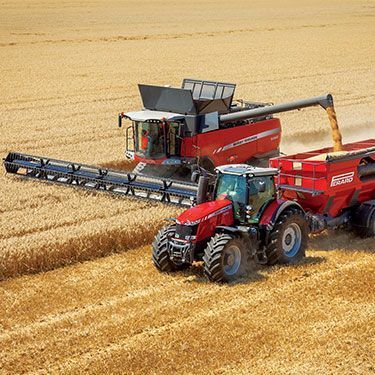
Plowing Per Hectare
Plowing is a farming process that involves breaking up and turning over soil to prepare it for planting. It helps to:
1. Loosen and aerate soil
2. Control weeds and pests
3. Improve soil fertility
4. Create a smooth seedbed
*Types of Plows:*
1. Moldboard Plow: Turns over soil completely
2. Chisel Plow: Breaks up soil without turning it over
3. Disk Plow: Cuts and turns over soil
4. Rotary Plow: Uses rotating blades to break up soil
*Plowing Techniques:*
1. Conventional Plowing: Plowing entire field
2. Reduced Tillage: Minimizing soil disturbance
3. Conservation Tillage: Preserving soil moisture and reducing erosion
4. No-Till Farming: No plowing or minimal disturbance
*Equipment Used:*
1. Tractors
2. Plows (moldboard, chisel, disk, or rotary)
3. Plow attachments (e.g., cultivator, harrow)
*Benefits:*
1. Improved soil structure and fertility
2. Increased crop yields
3. Reduced soil erosion
4. Effective weed control
5. Better water infiltration
*Challenges:*
1. Soil compaction
2. Fuel consumption and emissions
3. Equipment maintenance and repair
4. Labor costs
5. Soil degradation